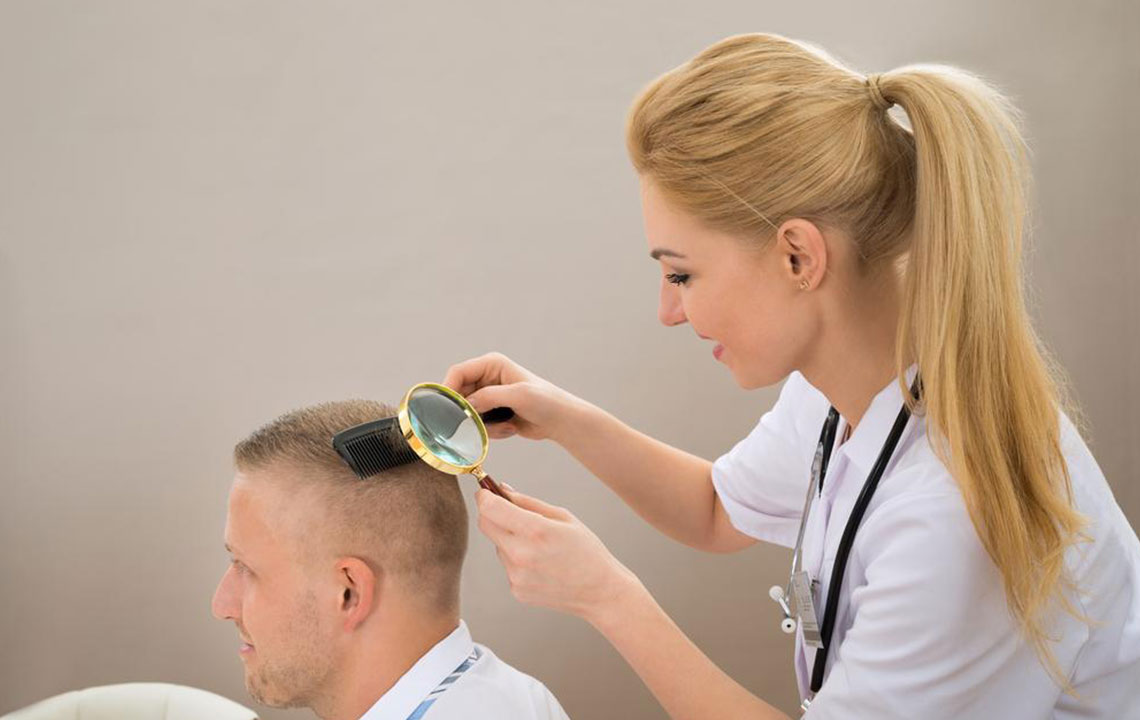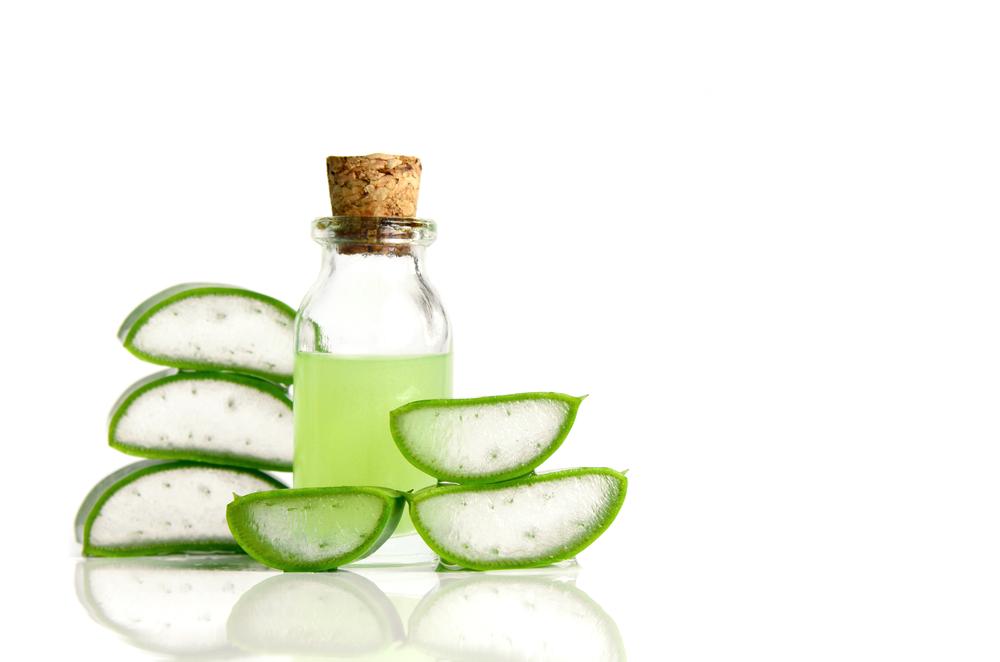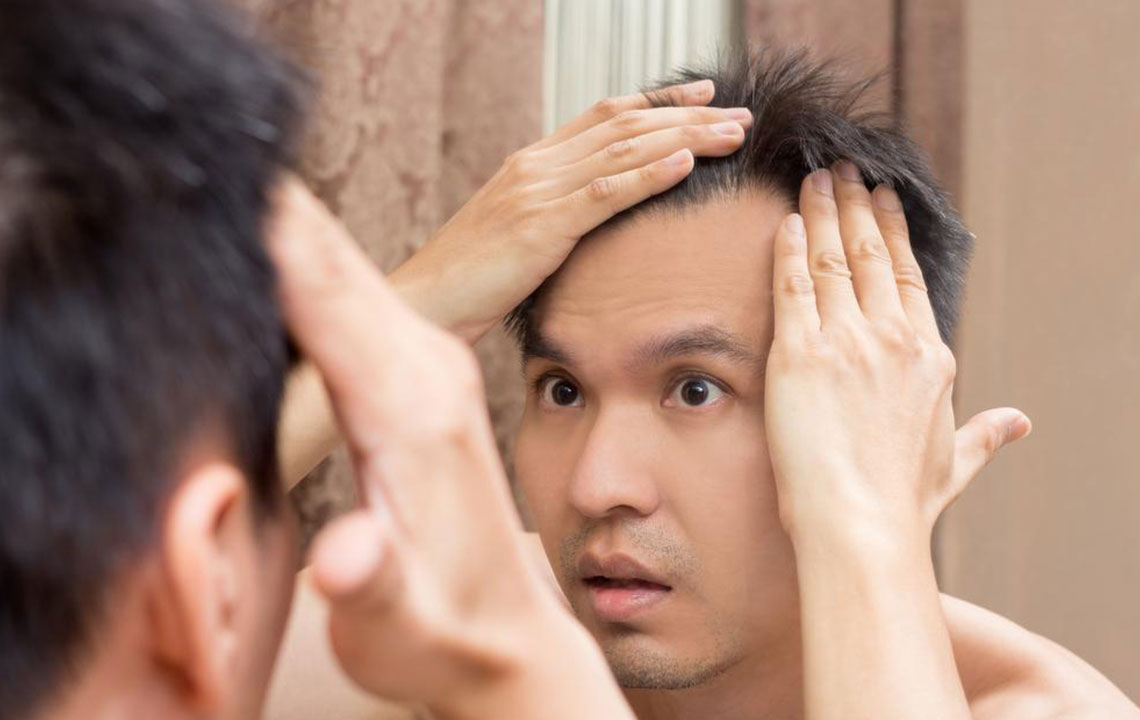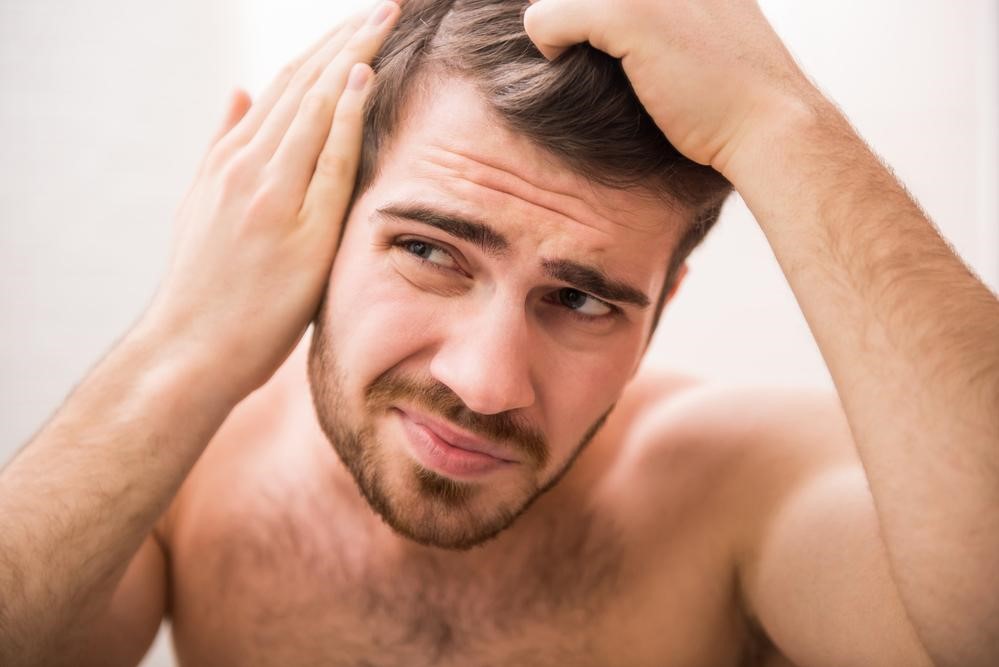Comprehensive Guide to Effective Hair Loss Solutions
Explore effective hair loss treatments and lifestyle tips to combat thinning hair. From dietary adjustments and gentle hair care to medical procedures, this comprehensive guide helps you understand and address hair loss proactively for healthier, thicker hair.
Sponsored

Experiencing hair thinning can be alarming! While aging naturally causes hair loss and genetics contribute to baldness, early hair fall can be particularly concerning. Instead of ignoring it, early intervention with suitable treatments is essential. Options range from natural remedies to advanced procedures like hair transplants, tailored to individual needs. Additionally, lifestyle adjustments, including diet and hair care routines, play a vital role in maintaining healthy hair. Addressing hair loss proactively leads to thicker, stronger hair and boosts confidence.
Understanding the causes of hair thinning is crucial before selecting treatments. Unhealthy diets, improper hair care habits, certain medications, and scalp infections are common factors that can accelerate hair loss.
If you're noticing increased hair shedding or attempting to hide thinning strands with scarves or caps, it's time to adopt effective strategies to restore hair density and strength.
Simple Lifestyle Changes to Minimize Hair Loss
Nutrition Matters
Hair is primarily made of protein, so consuming protein-rich foods such as lean meats, fish, eggs, beans, nuts, and seeds can promote growth. Including iron, vitamin B12, and zinc-rich foods like leafy greens, citrus fruits, and berries supports healthy hair. Avoid excess sugar, processed foods, and alcohol, and steer clear of crash diets, which can deprive hair follicles of essential nutrients.
Enhance scalp circulation by massaging regularly, especially during shampooing, to promote healthier hair growth. Handle wet hair gently—pat dry with a soft towel and avoid aggressive brushing or combing while damp, as this can cause breakage. Use minimal heat styling tools and keep them on cool settings to prevent damage. Excessive heat and chemical treatments weaken hair and should be limited.
Protect hair from prolonged hot showers and UV exposure by using lukewarm water and covering hair with hats or scarves outdoors. Avoid scratching the scalp, as it can worsen hair loss caused by dandruff or fungal issues—consult a doctor for persistent scalp itchiness. Medications like certain birth control pills, antidepressants, and chemotherapy can also contribute to thinning hair; always discuss concerns with a healthcare professional. For those seeking permanent solutions, surgical options such as hair transplants and scalp reduction procedures are available, tailored to individual conditions.






